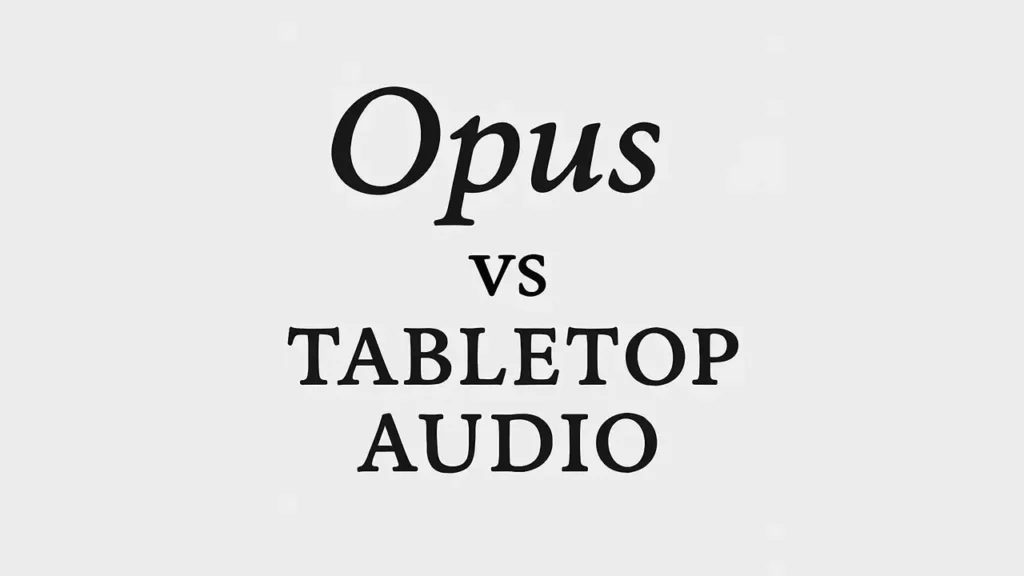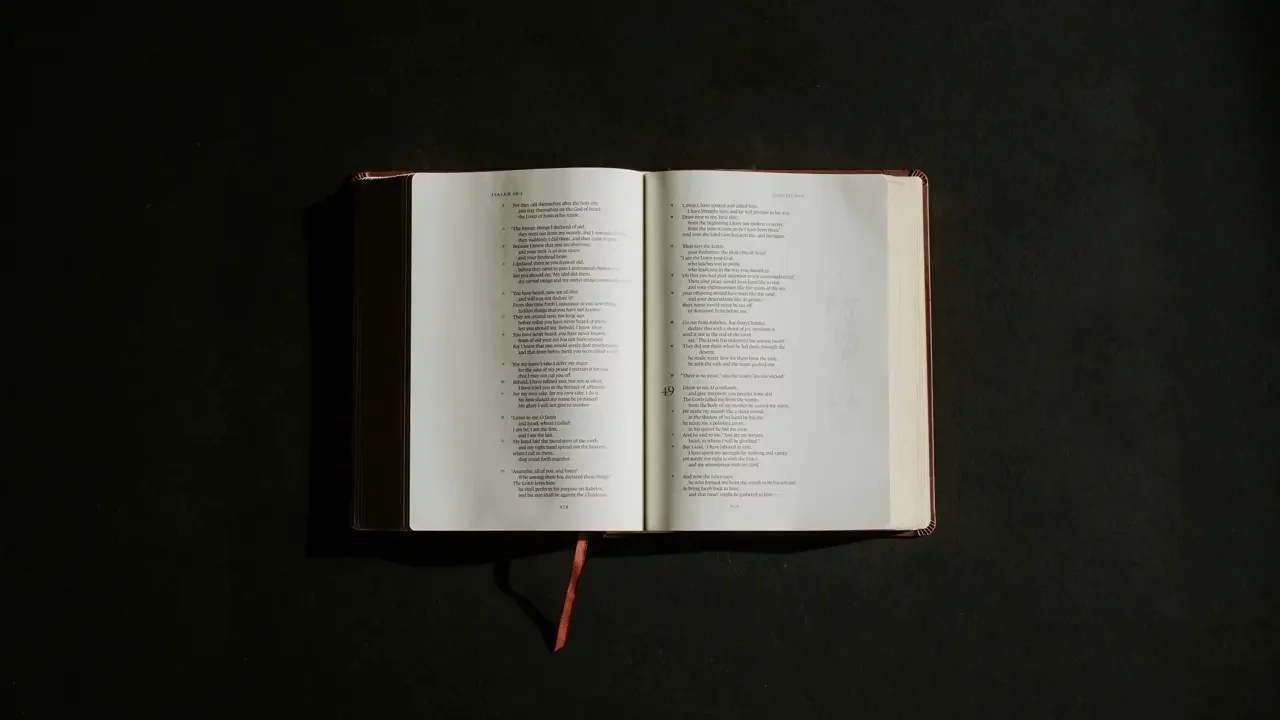
Tabletop Audio vs Opus is a question that's starting to gain track. Tabletop Audio (TAA) has long been the darling of gamemasters (GMs) looking for free, accessible background music and ambiances. Meanwhile, dScryb's Opus is a modern, full-featured tool rapidly expanding its reach in the world of tabletop role-playing games (TTRPG).
If you're wondering whether to stick with the free classic or invest in a full-fledged tool, this comparison will help you choose what truly fits your table.
Audio Library & Sound Quality
• Tabletop Audio offers 400+ audio tracks, most with additional variations. Each track combines ambient elements and music. However, the tracks can't be played separately.
• Opus features 7,000+ unique sounds, including SFX, ambiances, and music—fully separated and professionally mixed. Around 300 new sounds are added each month.
• Sound Quality: TTA uses MP3 at 192 kbps. Opus offers OGG at 320 kbps, providing much clearer and dynamic sound.
• Customization: TTA’s soundpad system is limited to 40 tracks and lacks intuitive design. Opus’s player is fast, indexed, and tagged, meaning that you can quickly find and play any track.
Pricing & Access
• Tabletop Audio is free. Users can support their team on Patreon for $5.00 a month to unlock extra sounds, but it is optional.
• Opus is a subscription service. Users can subscribe to Opus for $8.29 a month, granting full access to their entire audio library. dScryb also offers a two week trial for you to test it out.
• Value Comparison: TTA is perfect if you can't invest money. However, if you are able to invest, Opus offers significantly more content, features, and flexibility.
Interface and User Experience
• Tabletop Audio has an outdated interface. Firstly, the search tool is empty by default. Then, notably, TTA lacks a proper sorting and tagging system as there's are only 7 tags in total.
• Opus features a modern user interface. According to dScryb, their UI is built on Angular and Node.js, which explains the fast loading times, curated tags, smart filtering, and audio previews.
In general, both TabletopAudio and Opus work on a browser and on mobile devices. However, it must be noted that Opus features a more responsiveand sleek experience across different platforms.
Integration with VTTs
If you've ever benefitted from the simplicity of virtual tabletops (VTT) for playing online with your friends, you'll want a tool that integrates seamlessly.
• Tabletop Audio doesn't natively support virtual tabletops. In order to integrate it with FoundryVTT, users need to subscribe to their Patreon ($5.00/month) and pay an additional subscription for Moulinette ($2.00/month).
• Opus natively supports FoundryVTT. There's drag-and-drop feature, spatial placement for an immersive experience, as well as automatic triggers for spells, deaths, and more.
Tabletop Audio vs Opus Unique Features
The most important and significant advantage of Tabletop Audio is that it is free.
When it comes to Opus, you'll find: native VTT integration, quick and comprehensive search, over 3,000 SFX for players ($2.49/month), simple licensing for streams and videos, campaign management and narrative textboxes, and they also accept external composers.
Tabletop Audio vs Opus Quick Comparison
| Feature | Tabletop Audio | dScryb's Opus |
|---|---|---|
| Audio Library | ~460 tracks + variations | 7,000+ unique, monthly growth |
| Sound Quality | MP3/OGG 192 kbps | OGG 320 kbps |
| Customization | Limited, 40-soundpad max | Full, modern playlist system |
| VTT Integration | None (requires plugins + $7) | Native FoundryVTT module |
| Price | Free / $5 Patreon | $8.29/month + 2-week trial |
| Streaming Usage | Free if you make no money | Simple credit line in description in all cases |
| Player Access and Broadcast | None | Yes, 3,000+ SFX for $2.49/month |
Verdict: Tabletop Audio vs Opus
If you have zero budget, Tabletop Audio is still a valuable and generous gift to the community. It’s functional and simple, and deserves respect for its free access.
However, for any GM or content creator looking for depth, ease of use, technical quality, and integration, Opus is the clear winner. It's not just an audio library—it's a TTRPG engine.
Quick Questions
Q: Is Tabletop Audio free?
A: Yes, TabletopAudio is 100% free. You can support their team on Patreon for extra content.
Q: Does Tabletop Audio work with FoundryVTT?
A: Only if you use external plugings and subscribe to Patreon and Moulinette.
Q: Does Tabletop Audio work with Roll20?
A: Only if you use external plugings and subscribe to Patreon and Moulinette.
Q: Does Opus work with FoundryVTT?
A: Yes, Opus natively supports FoundryVTT.
Q: Can I download audio on Tabletop Audio and Opus?
A: You can download audio on Tabletop Audio. Opus is streaming-only.
Q: Is Opus worth paying for over a free tool?
A: If sound quality, VTT integration, and professional polish matter to you, yes—it’s a leap in quality and features.
Q: Does Tabletop Audio and Opus work on mobile?
A: Yes, both Tabletop Audio and Opus have native mobile browser functionality.


![A close up photograph of a gold-lined medieval helm. Illustrates [alt text].](https://www.michaelghelfistudios.com/wp-content/uploads/2025/01/HEADERKnightEyeslit.unsplash.carlos-felipe-ramirez-mesa-X9nrbX_Scn4.webp)
